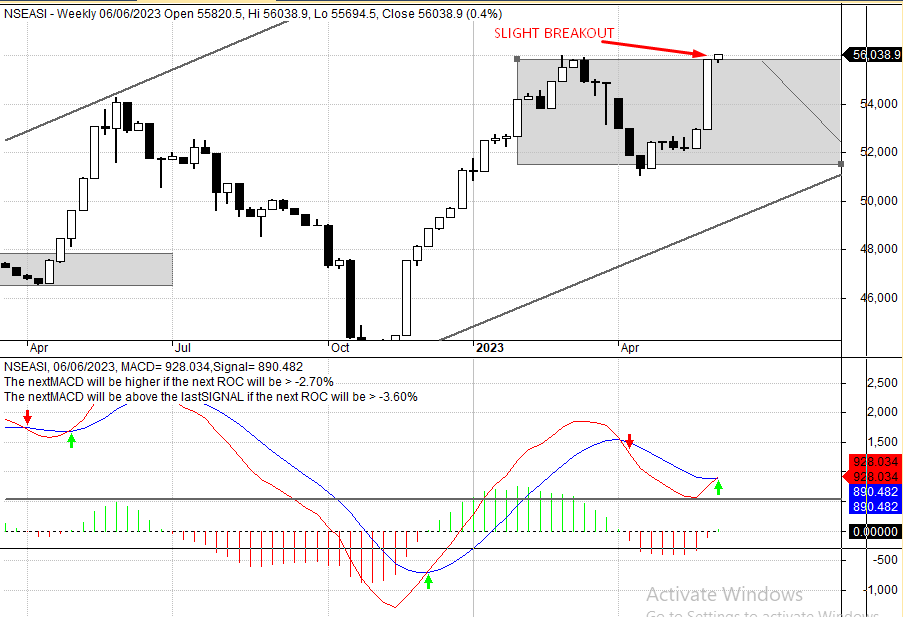The Crucial Role Of Middle Managers In Business

Table of Contents
Bridging the Gap: Communication and Coordination
Effective middle manager communication is the cornerstone of a high-performing organization. Middle managers act as the crucial link, ensuring clear and consistent information flow between upper management and front-line employees. Without effective communication, strategic initiatives become misaligned, and operational efficiency suffers.
Effective Communication Strategies:
Clear, concise, and consistent communication is vital. Middle managers must be adept at translating complex strategic goals into easily understood directives for their teams. This requires utilizing various communication channels effectively and tailoring the message to the audience.
- Regular Meetings: Scheduled meetings, both formal and informal, provide opportunities for updates, feedback, and discussion.
- Feedback Sessions: Constructive feedback, both positive and negative, is crucial for employee development and performance improvement. Regular one-on-one meetings facilitate this.
- Utilizing Various Communication Channels: Leveraging tools like email, instant messaging, project management software, and intranet platforms ensures timely and effective information dissemination.
Effective communication tools for middle managers include:
- Project management software (Asana, Trello, Monday.com)
- Intranet platforms for internal communication
- Video conferencing tools (Zoom, Microsoft Teams, Google Meet)
Driving Performance: Mentorship, Motivation, and Team Building
Middle manager leadership extends beyond simply managing tasks; it involves fostering a positive and productive work environment. This includes mentoring, motivating, and building strong, cohesive teams.
Mentoring and Development:
Middle managers play a critical role in identifying and nurturing talent within their teams. This involves providing constructive feedback, offering support, and creating opportunities for professional development.
- Mentorship Programs: Formal or informal mentorship programs can provide valuable guidance and support to team members.
- Employee Development Initiatives: Investing in employee training and development demonstrates a commitment to growth and enhances employee engagement. This could involve workshops, conferences, or online courses.
Strategies for effective middle manager leadership:
- Provide regular, constructive feedback.
- Recognize and reward employee achievements.
- Foster a culture of open communication and collaboration.
- Encourage team members to take ownership of their work.
Strategic Implementation: Goal Setting and Performance Management
Middle managers are responsible for translating high-level strategic goals into actionable plans for their teams. This requires a clear understanding of organizational objectives and the ability to effectively manage performance.
Translating Strategy into Action:
Effective middle managers don't just receive directives; they actively translate strategic goals into specific, measurable, achievable, relevant, and time-bound (SMART) objectives for their teams. They monitor progress, provide regular performance feedback, and adapt strategies as needed.
- Key Performance Indicators (KPIs): KPIs provide a quantifiable measure of progress towards goals.
- Performance Reviews: Regular performance reviews offer opportunities for feedback, goal setting, and identification of areas for improvement.
Tools and techniques for effective performance management:
- Regular progress reports
- Performance dashboards
- 360-degree feedback
Problem-Solving and Decision-Making
Middle managers frequently encounter challenges requiring quick thinking and effective problem-solving. Their ability to address issues promptly and make sound decisions impacts team morale and operational efficiency.
Addressing Challenges and Opportunities:
Middle managers must be proactive in identifying potential problems and developing solutions. They must also be comfortable making timely decisions, even with incomplete information, and effectively resolving conflicts within their teams.
- Problem-Solving Methodologies: Utilizing frameworks like the 5 Whys or root cause analysis helps identify the underlying causes of problems.
- Decision-Making Frameworks: Employing structured decision-making processes helps ensure objectivity and accountability.
Essential skills for middle managers:
- Strong analytical and critical thinking skills
- Effective communication and interpersonal skills
- Ability to work independently and as part of a team
- Proactive problem-solving and decision-making skills
Conclusion
The crucial role of middle managers in business success cannot be overstated. Their contributions to communication, performance management, strategic implementation, and problem-solving directly impact an organization's overall efficiency and profitability. Effective middle managers are not just supervisors; they are mentors, motivators, and strategic partners.
Investing in your middle managers is investing in your business’s future. Prioritize training and development programs to empower your middle managers and unlock your company's full potential. Learn more about strengthening your middle management team today!

Featured Posts
-
 Analyzing Jacob Wilsons Breakout Insights From Our Recent Poll
May 28, 2025
Analyzing Jacob Wilsons Breakout Insights From Our Recent Poll
May 28, 2025 -
 Obstacles To Transforming Empty Commercial Spaces Into Housing In The Netherlands
May 28, 2025
Obstacles To Transforming Empty Commercial Spaces Into Housing In The Netherlands
May 28, 2025 -
 Baldonis Legal Team Rebuts Blake Livelys Dismissal Request
May 28, 2025
Baldonis Legal Team Rebuts Blake Livelys Dismissal Request
May 28, 2025 -
 Hujan Turun Di Jawa Timur Perkiraan Cuaca 6 Mei 2024
May 28, 2025
Hujan Turun Di Jawa Timur Perkiraan Cuaca 6 Mei 2024
May 28, 2025 -
 Decoding Taylor Swifts Easter Eggs A Potential Memorial Day Announcement
May 28, 2025
Decoding Taylor Swifts Easter Eggs A Potential Memorial Day Announcement
May 28, 2025
